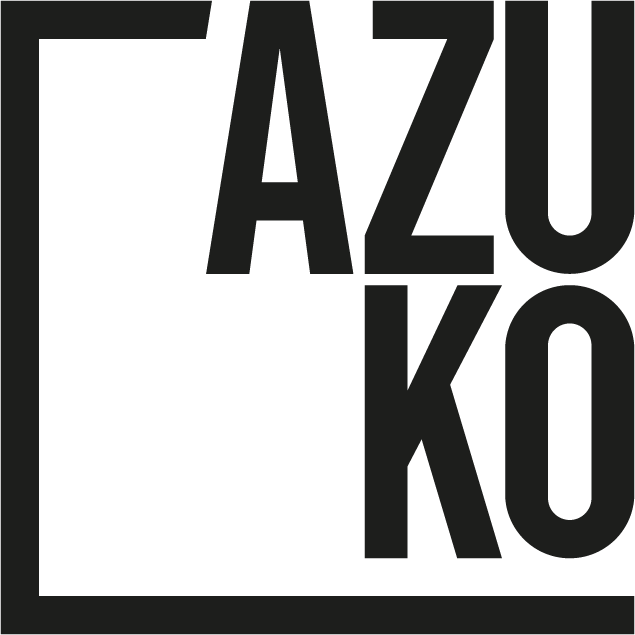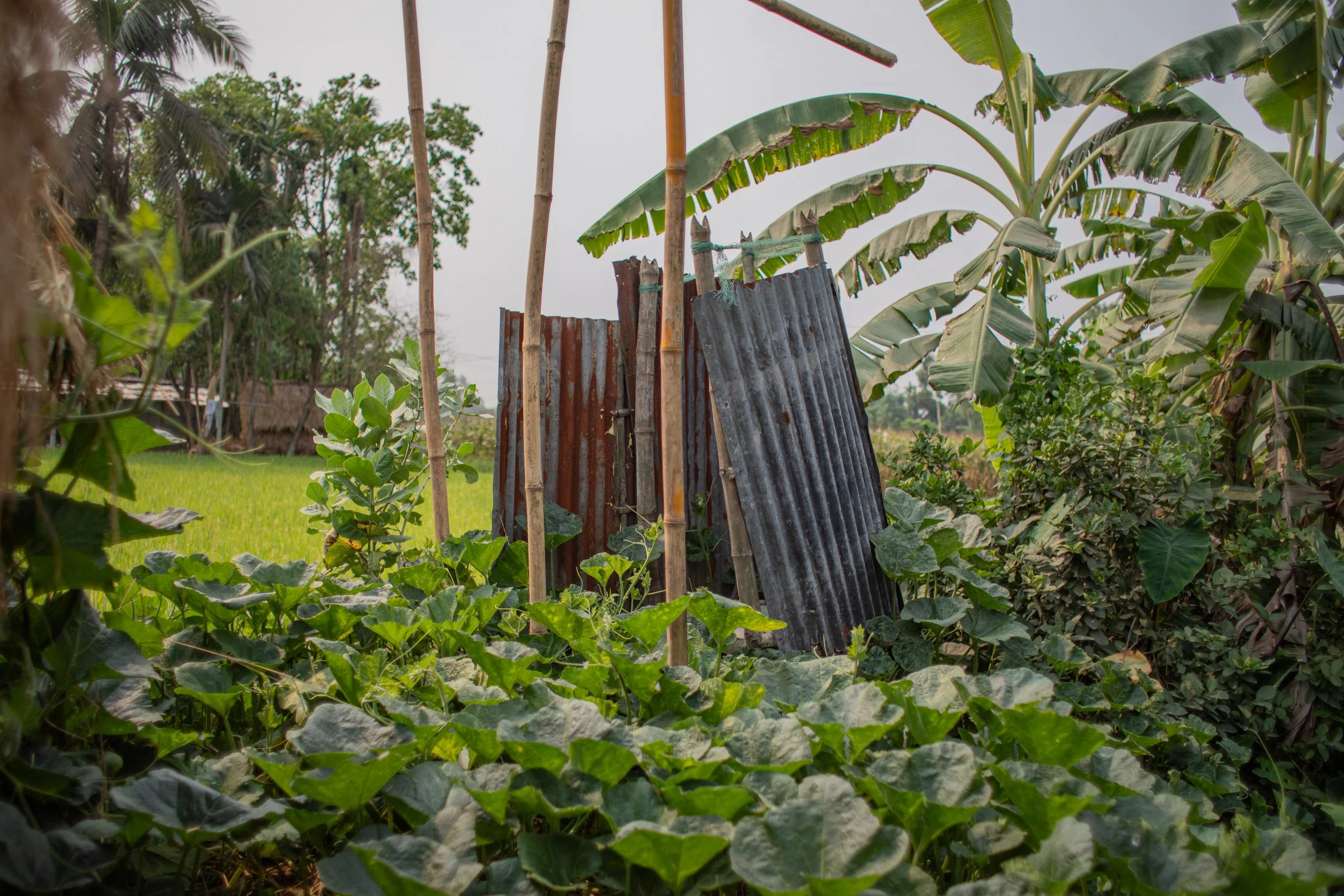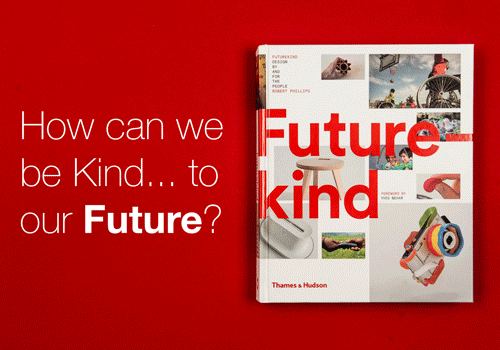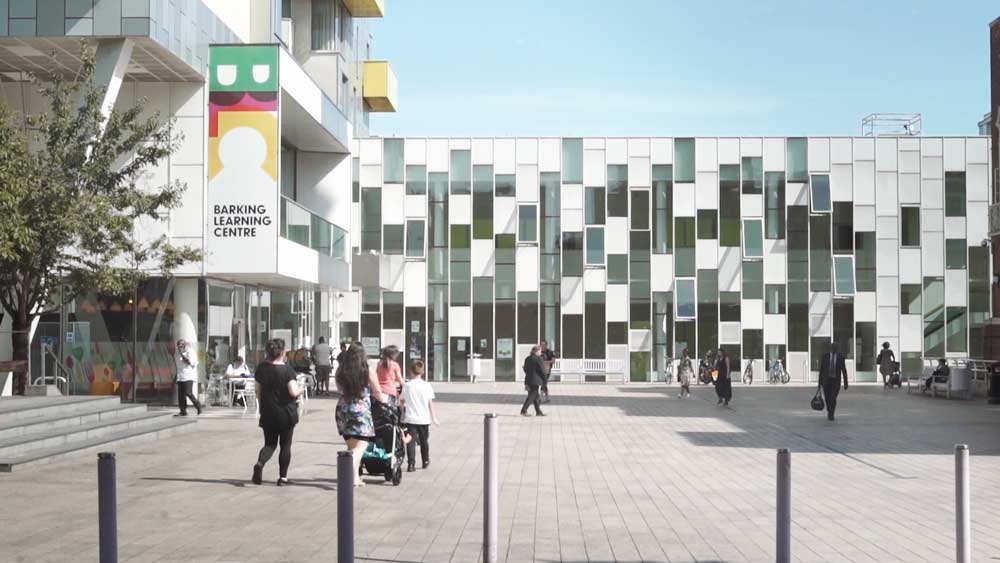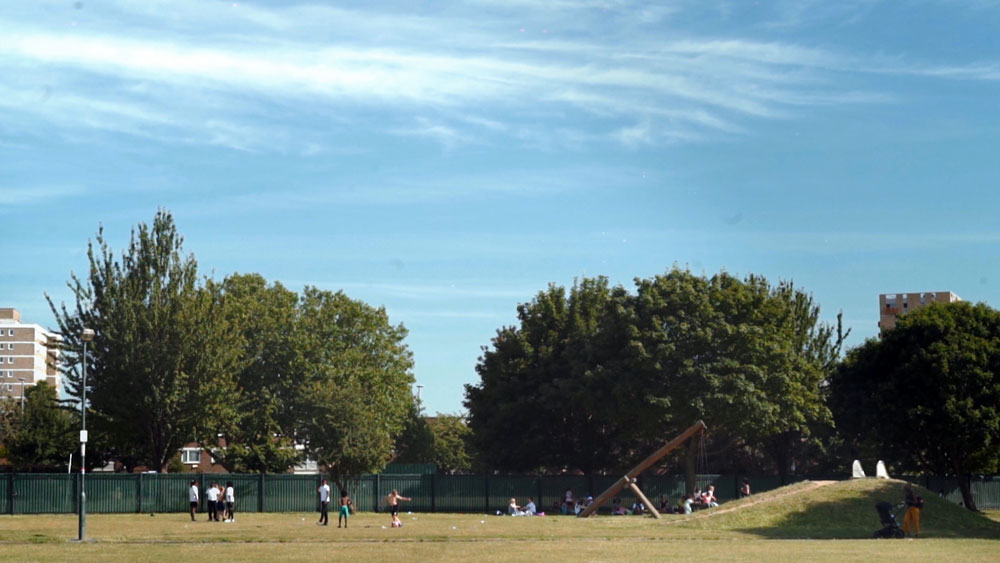We’re so proud to feature in the Thames & Hudson book, Futurekind by Rob Phillips.
We have grown accustomed to two beliefs: first, that only experts can be designers, and second, that our everyday activities are harming the planet. Futurekind showcases design projects—across every scale, budget, and material—that have made a genuine difference in individual lives and in communities around the world.
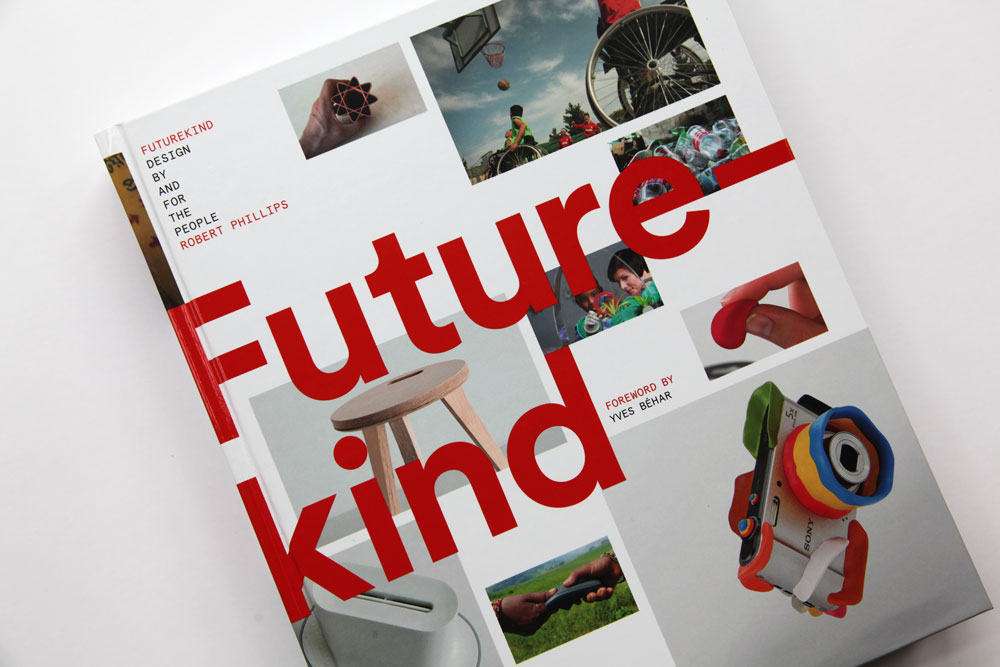
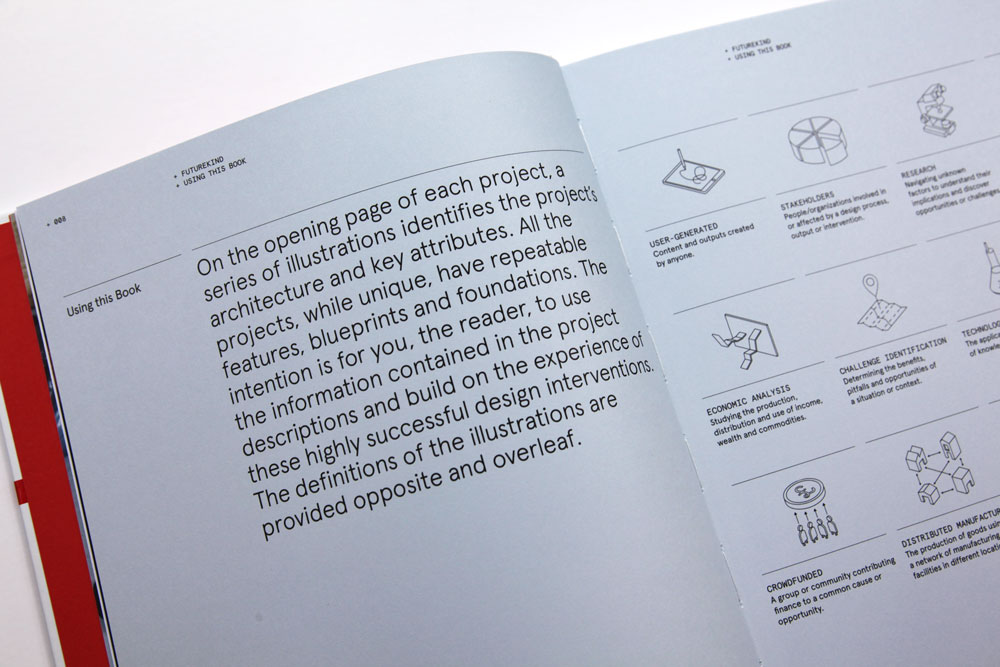
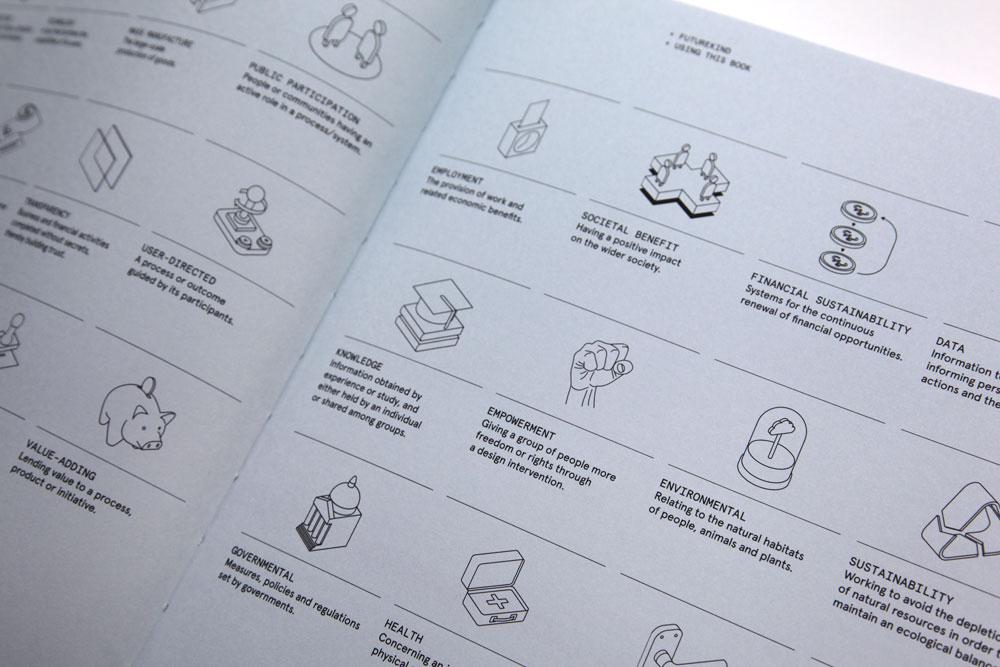
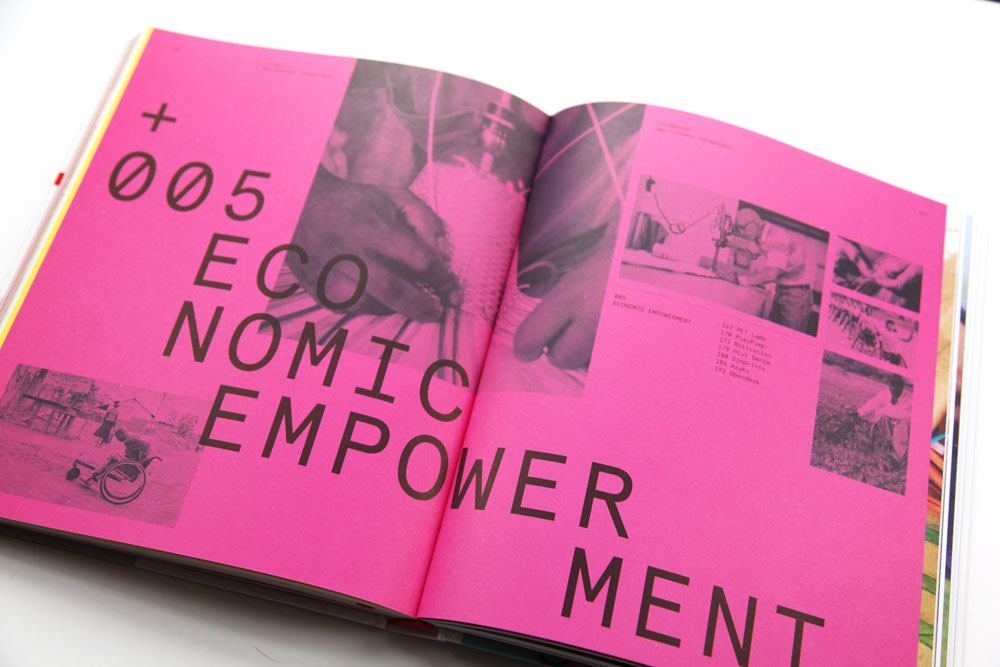
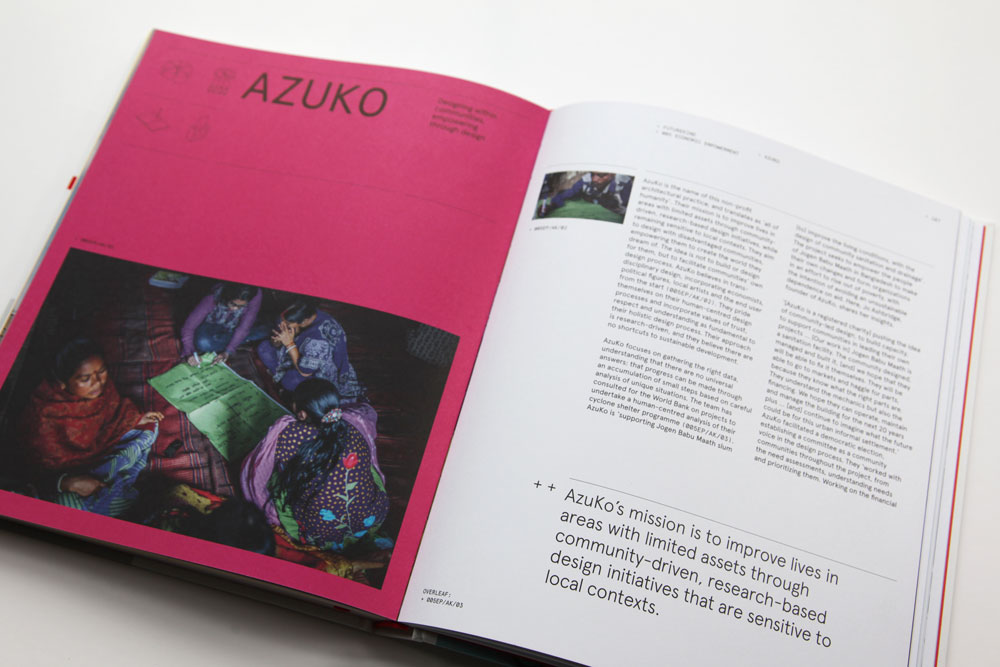
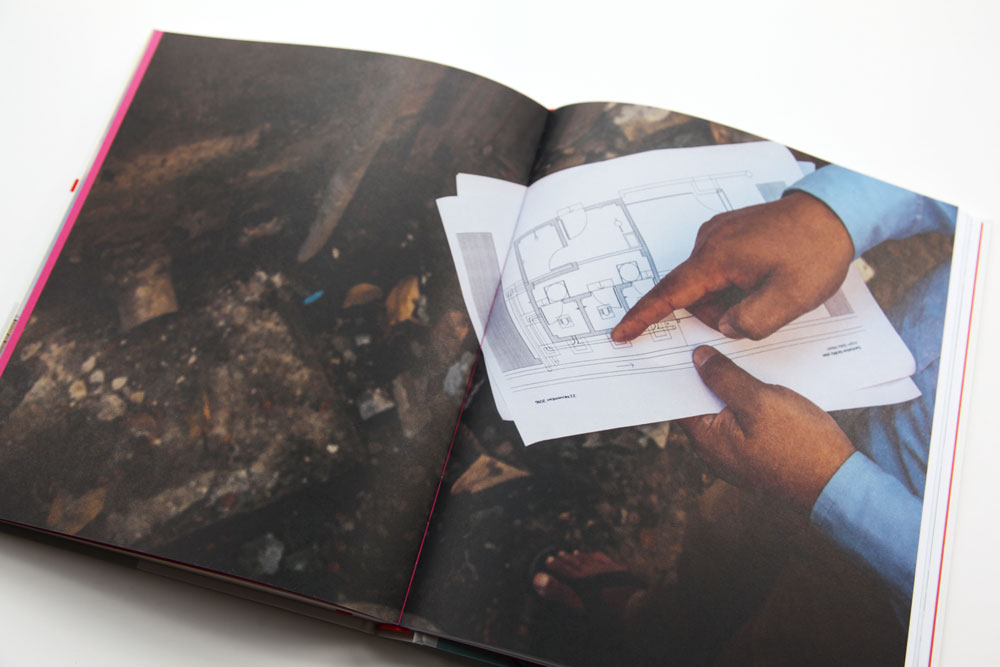
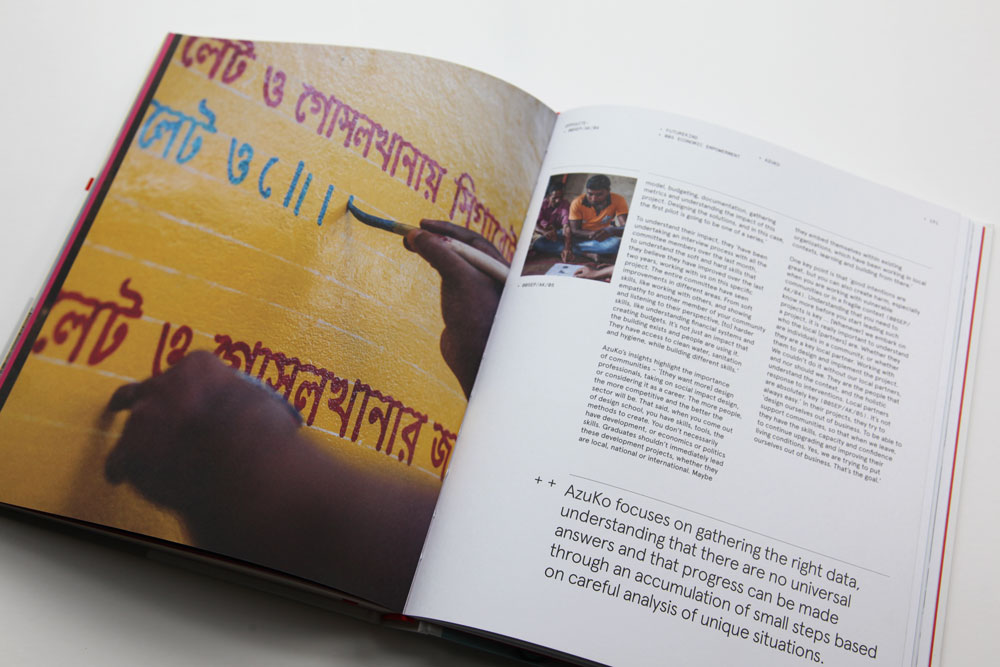
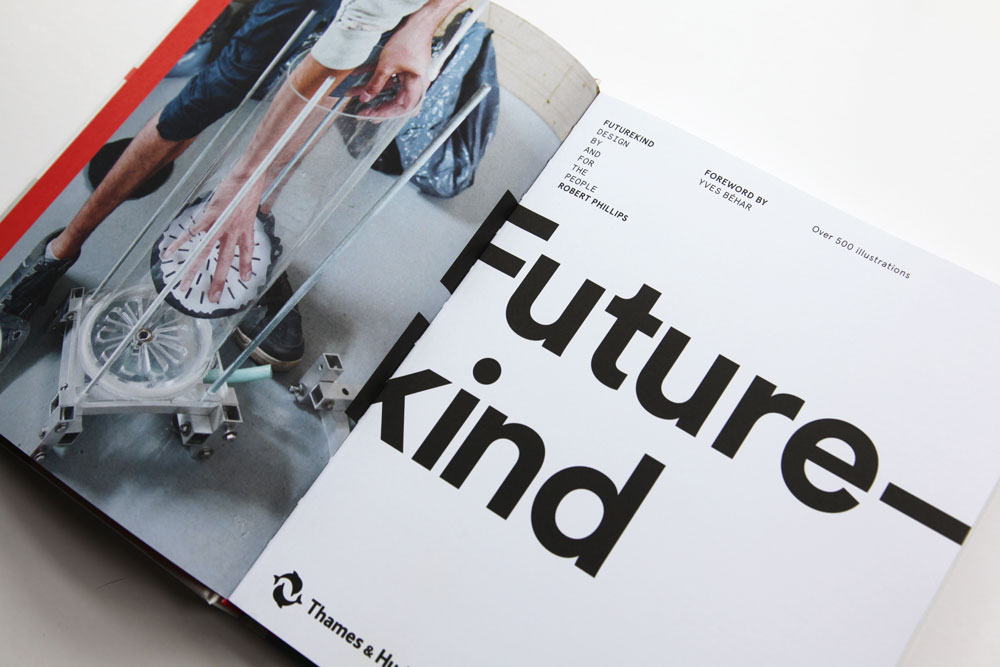
“AzuKo is pushing the idea of community-led design, to build capacity, to support communities in leading their own projects.”
Both manual and manifesto, inspiration and call to arms, this rich and timely survey tells the true stories of world-changing collaborations between designers and communities, providing hope for humankind.
